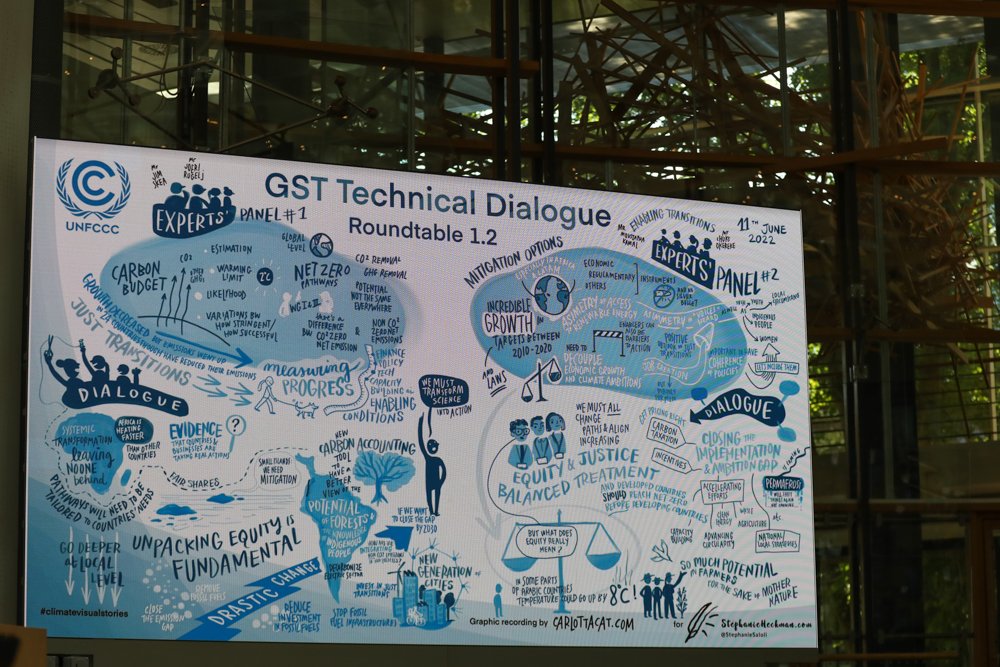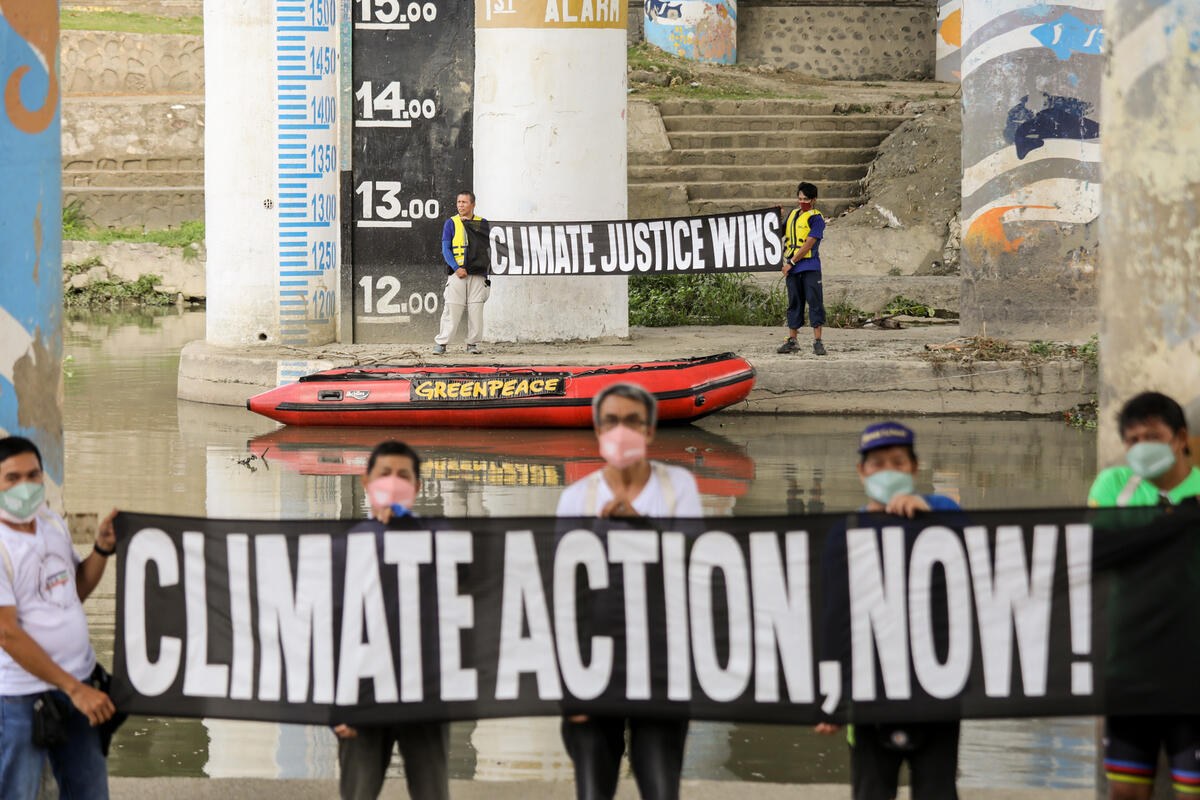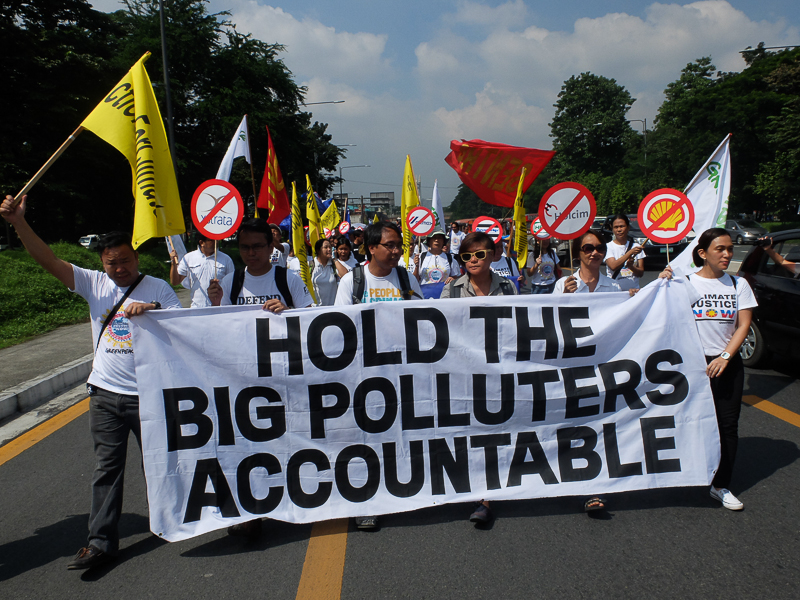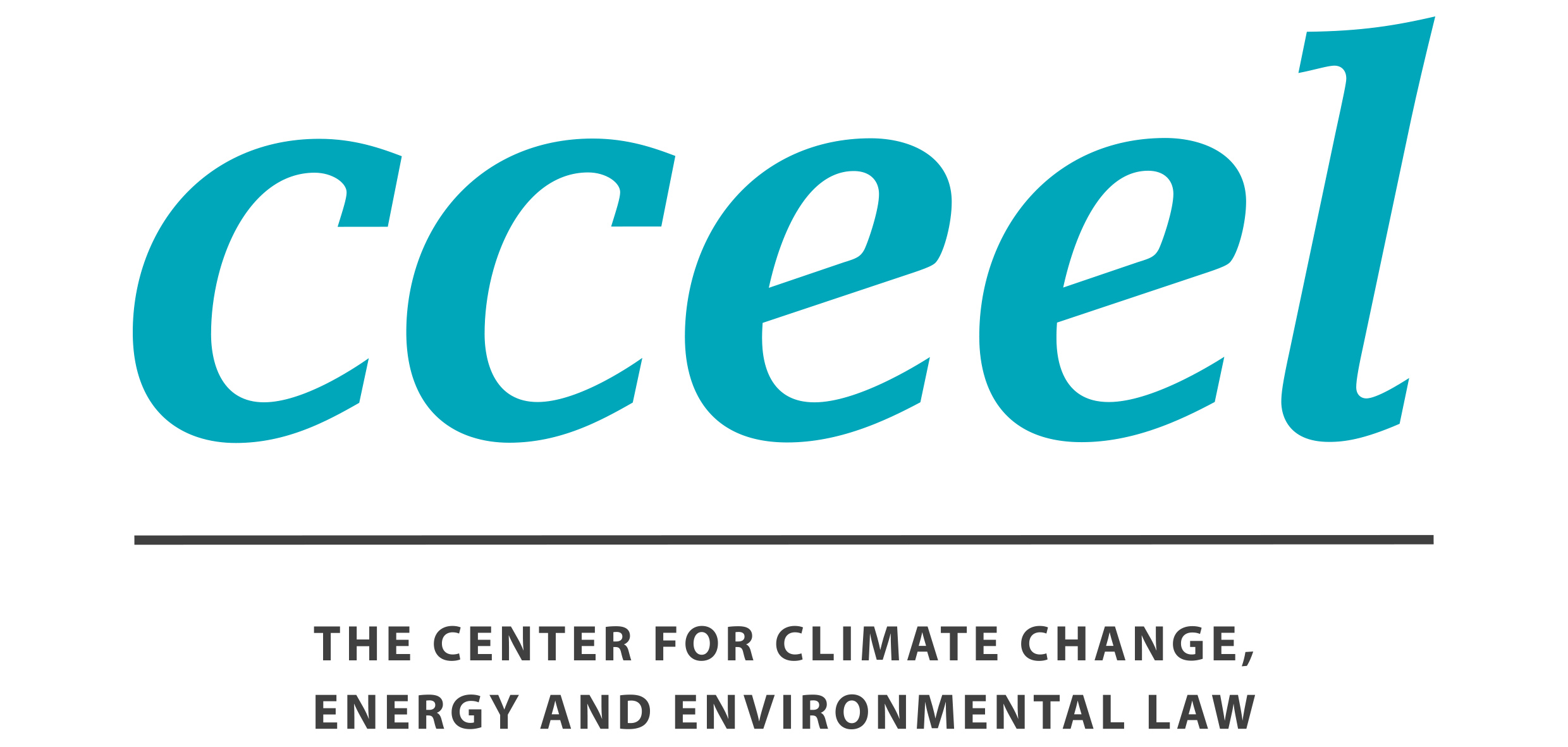
Taking stock of the stocktake: Reflections from the Bonn Technical Dialogue
By Nicola Sharman, Early Stage Researcher and Harro van Asselt, Professor of Climate Law and Policy From 6-16 June, government officials and other delegates, including experts, non-governmental organisations, business representatives, and other non-state actors met in Germany for the annual UN Bonn Climate Change Conference. High on the agenda was the first meeting of the […]
Finland’s new Climate Change Act and the legally-binding target for carbon neutrality by 2035: How it happened and what it means?
By Kati Kulovesi, Professor of International Law and Director of CCEEL On 25 May 2022, the Finnish Parliament adopted a new Climate Change Act, enshrining in law the goals for the country to be carbon neutral by 2035 and for its greenhouse gas emissions to continue decreasing and removals increasing thereafter, meaning that Finland must […]

The right to a healthy environment as an environmental grundnorm
By Rosemary Mwanza, PhD Candidate Introduction In the course of my doctoral research, I have often reflected on why the ideal embodied in human rights norms and the present reality always seem so far apart. In dealing specifically with the right to a healthy environment, I have felt that ascendant human rights norms may fail […]

Historic inquiry holds the Carbon Majors accountable for the impacts of climate change in the Philippines
By Annalisa Savaresi, Associate Professor of International Environmental Law and Margaretha Wewerinke Singh, Assistant Professor of Public International Law. First published in the GNHRE blog on 10 May 2022. On 6 May 2022, the Human Rights Commission of the Philippines released the findings of a pathbreaking inquiry into the responsibility for the impacts of climate change […]

Legal transformations in an era of globalization: the case of REDD+
By Eugenia Recio Piva, Postdoctoral Researcher in Climate Law and Policy (Author’s Note: This blog post is based on my recently defended article-based PhD titled Legal Transformations in an Era of Globalization: the case of REDD+) Forests are critical in ensuring the integrity of the world’s ecosystems and the wellbeing of humanity. Scientists say that […]

Kolme ehdotusta, miten vahvistaa ilmasto-suunnitelmien roolia
Teksti: Antti Belinskij, Anu Lähteenmäki-Uutela, Paula Leskinen, Seita Romppanen. This was first published in the 2035Legitimacy blog. Parhaillaan uudistettavan ilmastolain tärkein työkalu on ilmastopolitiikan suunnittelujärjestelmä. Ilmastosuunnitelmien avulla Suomi pyrkii saavuttamaan hiilineutraaliuden vuoteen 2035 mennessä sekä muut ilmastonmuutoksen hillinnän ja sopeutumisen tavoitteet. Jotta tavoitteet saavutetaan, ilmastosuunnitelmien oikeudelliseen sääntelyyn on syytä tehdä kolme tärkeää muutosta: 1) ilmastolain […]

Five takeaways on international climate cooperation from the IPCC’s Sixth Assessment Report on mitigation
By Harro van Asselt, Professor of Climate Law and Policy. First published in the NDC Aspects blog on 7 April 2022. The latest report by the Intergovernmental Panel on Climate Change (IPCC) underscores once again why this is a critical decade for climate action: to keep global warming below 1.5°C with a chance of more than […]

The role of human rights in climate litigation: A global review
By Annalisa Savaresi, Associate Professor of International Environmental Law. In recent years, litigation concerning climate change has increasingly invoked human rights. The databases curated by the Sabin Centre for Climate Change Law at Columbia Law School and the Grantham Research Institute on Climate Change and the Environment show a rising tide of cases ‘pushing the boundaries’ of […]

Observer participation in the wake of COP26: the role of human rights law
By Nicola Sharman, PhD Researcher. The blog text was originally published on the GNHRE blog as part of COP26 Blog Series on 30 November 2021 and on the 2035Legitimacy blog on 7 December 2021. In the months leading up to COP26, the UK presidency repeatedly committed to make it the ‘most inclusive COP ever’. Yet this […]
